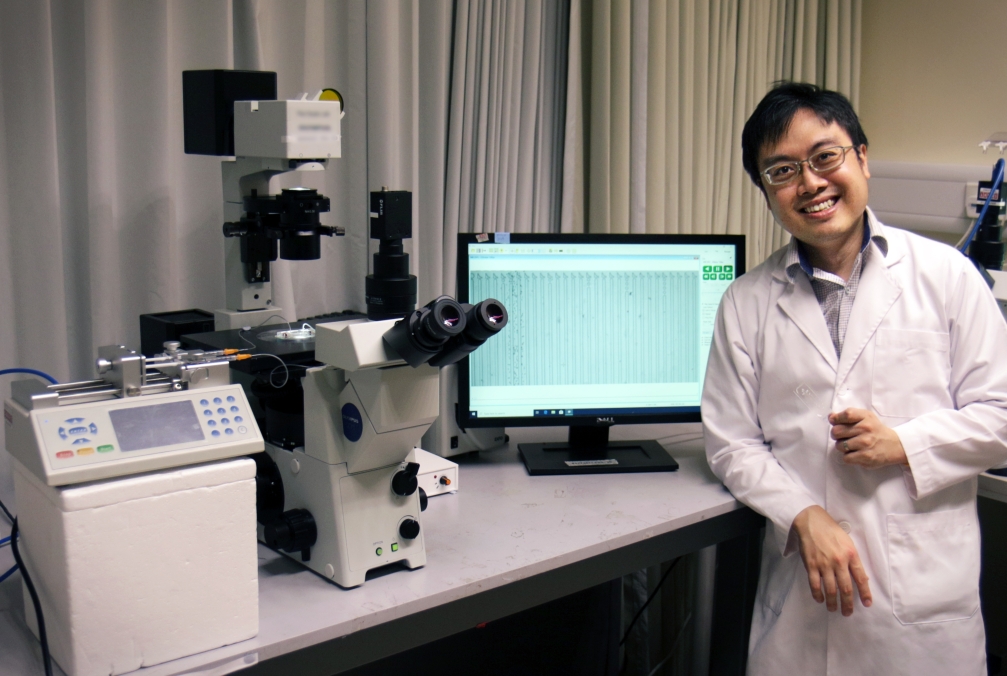
SMART researchers develop label-free immune profiling assay
The technology is much faster, more sensitive, and more accurate.
Researchers from Critical Analytics for Manufacturing Personalized-Medicine at the Singapore-MIT Alliance for Research and Technology (SMART), MIT’s research enterprise in Singapore, have developed a new label-free immune profiling assay that profiles the rapidly changing host immune response in case of infection, amidst the COVID-19 pandemic.
The new assay developed by SMART researchers focuses on profiling the rapidly changing host inflammatory response, which in a hyper-aggressive state, can lead to sepsis and death.
A 15-minute label-free immune profiling assay from 20 µL of unprocessed blood using unconventional L- and inverse-L-shaped pillars of DLD microfluidic technology was developed, functioning as a sensitive and quantitative assay of immune cell biophysical signatures in relation to real-time activation levels of white blood cells (WBC).
It can sensitively measure both the extent and direction of these changes, reflecting a patient’s current immune response state, as WBCs are activated by various triggers. Thus, the assay can assess a patient’s immune response states by profiling immune cell size, deformability, distribution, and cell counts.
This novel technology presents advantages over current methods, as it is much faster, more sensitive, and more accurate. It is a departure from a focus on pathogen detection, which can often be at low levels within a host.
“Our new DLD assay will help address an unmet need in the ER and ICU by significantly reducing waiting time for accurate patient assay results. This could lead to more effective triage decision-making and more appropriate and timely treatment, which are critical to saving lives,” lead author Kerwin Kwek said.
Kwek added that the technology provides new insights into both the engineering of precision microfluidics and clinical research.
























 Advertise
Advertise






